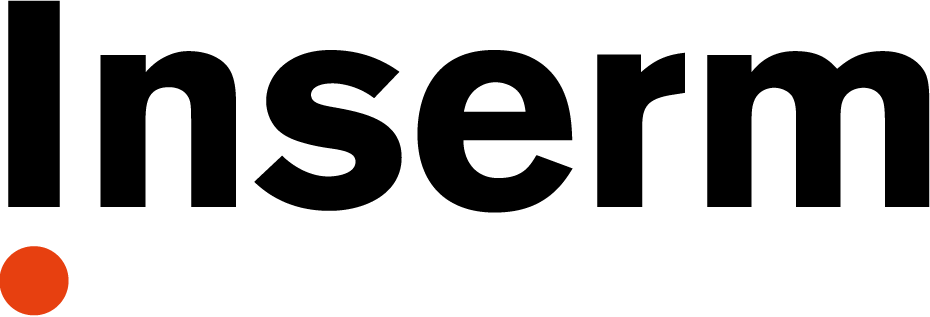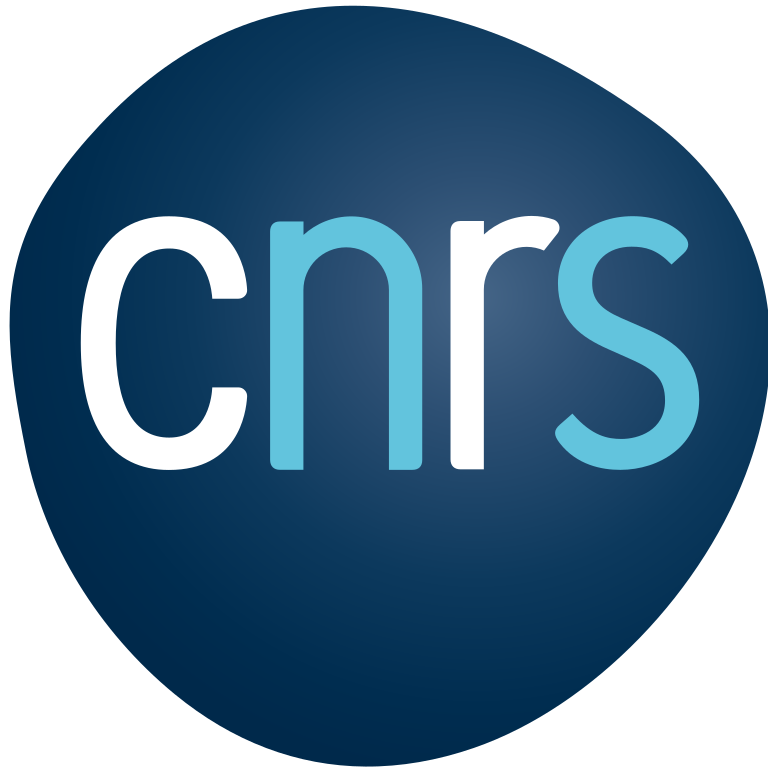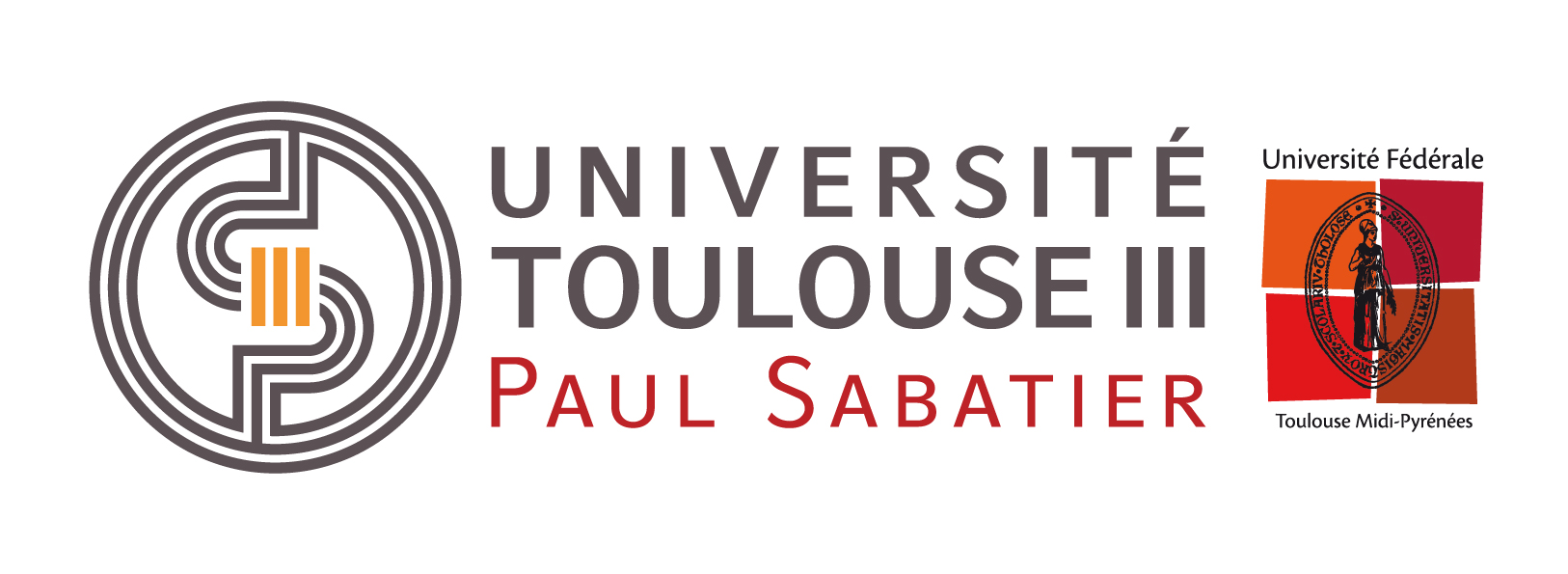JOIN THE CRCT
From trainees to post-docs and beyond, the CRCT is recruiting.
Find on this page all our current recruitment offers.
If no offer corresponds to your search or if you are looking for an internship
do not hesitate to send us your unsolicited application by filling in the application form.
Only applications sent by the form will be taken into consideration.
JOB VACANCIES
YOUR APPLICATION
INTERNSHIPS INFO
YOUR FIRST DAY
the crct’s job opportunities
Current recruitment opportunities at the CRCT are available below.
All applications should be sent using the “Submit your application” form indicating
the title of the vacancy and the team / department concerned.
Call for projects to recruit a research team working in the field of Triple Negative Breast Cancer (TNBC)
Deciphering the complexity of aggressive breast cancer to improve survival
The Cancer Research Center of Toulouse (CRCT, Inserm / CNRS / University Toulouse III Paul Sabatier ), together with the Fondation Toulouse Cancer Santé and the Institut Claudius Regaud are launching a call for projects to recruit a research team working in the field of Triple Negative Breast Cancer (TNBC).
Triple Negative Breast Cancer (TNBC) is a highly heterogeneous and clinically aggressive neoplasm that accounts for 15-20% of breast cancers with the highest mortality rate of all breast cancer subtypes.
TNBC is defined by a poorly differentiated state, lack of expression of the estrogen receptor (ER) or progesterone receptor (PR), and without overexpression/amplification of human HER2. Unlike hormone receptor-positive breast cancer, which is usually treated with hormonotherapy, or HER2-positive breast cancer, which can be treated with therapeutic antibodies (e.g. trastuzumab), TNBC management do not benefit so far from effective targeted therapy, and conventional chemotherapy remains the standard of care for patients with limited clinical impact. In addition, the molecular biology of this cancer type is still poorly understood. Therefore, a better understanding of TNBC oncogenesis and the identification of novel actionable targets could greatly benefit to patients with this disease.
The objective of this Chair is to better understand the genetics, biology and microenvironment of TNBC, based on innovative technologies such as single cell molecular analysis, as a source for novel targets and therapeutic strategies.
This Chair is aimed at world-class researchers. The laureate will receive funding equivalent to an ERC Starting Grant of €1.5 million for a period of 5 years. The terms of the funding will be negotiated with the winner.
This chair complies with the CRCT’s scientific priorities and will benefit from the support of IUCT-Oncopole’s clinical and bioclinical teams who are currently investigating the genomic landscape and the characteristics of metastatic TNBC. The successful applicant will conduct world-class research using state-of-the art technological platforms, shared between the CRCT and the IUCT-Oncopole, for the molecular exploration of patient tissues.
Applications must include :
- A non-confidential summary of the project for the general public (maximum 1 page, Calibri 10 font)
- The complete scientific project, including the scientific objectives of the project, the methodology and techniques, as well as the expected results (5 pages maximum excluding figures, Calibri 10 font).
- The complete CV of the applicant.
- The complete list of the applicant’s publications.
- A proposed budget.
The evaluation of the projects will be done on site by an international external jury in spring 2023, with an expected start in autumn 2023. The exact timetable will be communicated to applicants at a later date.
Applications should be sent before 31 march 2023 to sebastien.guibert@inserm.fr



SUBMIT YOUR APPLICATION
INTERNSHIP: EVERYTHING YOU NEED TO KNOW
Once your application for an internship has been accepted
please follow the instructions below to finalise your application and prepare for your arrival.
TRAINEES IN
HIGH SCHOOL, MIDDLE SCHOOL,
BTS/IUT
+
UNDERGRADUATE AND GRADUATE TRAINEES AT THE UNIVERSITY OF TOULOUSE III & TRAINEES IN ENGINEERING SCHOOLS
+
MEDICAL AND PHARMACEUTICAL STUDENTS IN A “RESEARCH YEAR”
+
PLANNING YOUR FIRST DAY
PRACTICAL DETAILS
+

Centre de Recherches en Cancérologie de Toulouse (Oncopole)
Toulouse – FR
Nous contacter
05 82 74 15 75
Envie de rejoindre
L’équipe du CRCT ?




